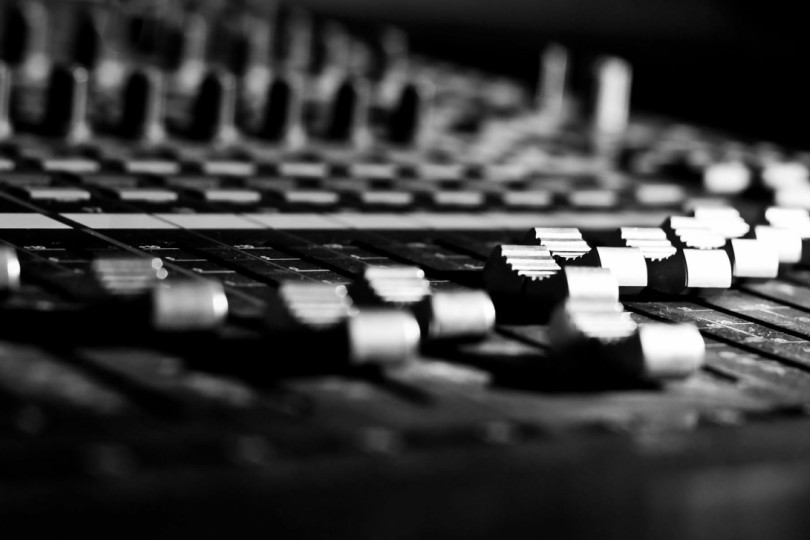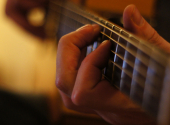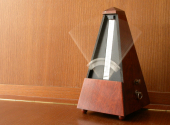
The Ten Commandments for Your First Recording Session
Almost every musician will experience it sooner or later: recording their first demo. How to tackle this crucial event? You can already make a basic demo on a good quality voice recorder, get serious by building your own home recording studio, or book a professional studio for a few days. Personally, I'd put my money on the professional studio. I'll explain why and add my ten tips on what you should focus on.
Even though the days of long-playing albums seem to be long gone, it is still a must to record at least two or three tracks for promo and arranging gigs. For that, you basically have three options. The easiest is to record a demo on a decent voice recorder—which I also recommend for recording rehearsals and ideas. It's easy and the quality is usually sufficient for approaching the promoters with your music. I use a Yamaha Pocket Trak 7.
Another option is home recording. My personal position—which I am not imposing on anyone—is clear: I don't make music for a living, so building my own home recording studio seems unnecessary in my case. It's just too time-consuming and expensive and I find this path distracts me from playing rather than helping me. However, for those who are interested in this option, there are a number of helpful manuals and tutorials available.
Plus, three days in the studio—my personal preference—is cheaper than a new computer and possibly other equipment. Moreover, you can concentrate fully on your musical performance as the sound engineer takes care of the technical side of things and provides musical guidance (in case you have not entrusted this to a producer).
My three main points of focus during the recording process are ENERGY, COMPASSION, and BALANCE.
To top it off, I learned some important arranging and sound tweaking tricks in the studio.
The following experience applies more or less to all types of recording. Last time we recorded with my band Pohřební kapela was in in Mkp Studio with sound engineer Petr Michal and music director Petr Novotný. And these are the ten principles I as a guitarist have picked up from this (and other) recording sessions:
1. It's nice to get away from the everyday hustle and bustle, making a record during your break on a work day doesn't really cut it.
2. You don't need expensive equipment, but it should be 100% sorted in advance—don't rob yourself of focus and energy by thinking about which cable might be broken. I wouldn't hesitate to borrow some stuff from friends. Tune your instruments and keep tuning them. All the time. A true bypass tuner is great for that. I recommend to use the same tuner for all the instruments.
3. Know your own (but preferably everybody's) parts very well, don't be afraid to play hooks that would make you feel embarrassed at a gig—it will speed up the recording.
4. Split rehearsals (bass, drums, guitar) can help smooth out some harmonic and rhythmic inconsistencies as you prepare to go into the studio recordings,
5. Take a rest whenever you can, mainly for your ears. This is particularly important in between recording and mixing—separate these phases by at least a week.
6. It is unnecessary to have loud playback music in your headphones—it won't give your performance a boost, it will just wear you out.
7. It can't hurt to discuss the concept of the recording and the sound with the band beforehand—maybe you'll find out that it's not necessary to record additional layers of guitars, or whatever.
8. Don't have too many people in the director's chair at once— sometimes it's better to send your friends out for a beer and record your tracks in peace, especially if there is already a fraction too much friction.
9. Don't be afraid to let a sound engineer give you some advice—(probably safely) assuming you're not the first guitarist who ever walked into their studio.
10. A good mood and a sense of humor can only help move things forward.
And what experiences have you had in the studio? What has worked well for you, and what would you advise others to do differently?
If you have found an error or typo in the article, please let us know by e-mail info@insounder.org.





